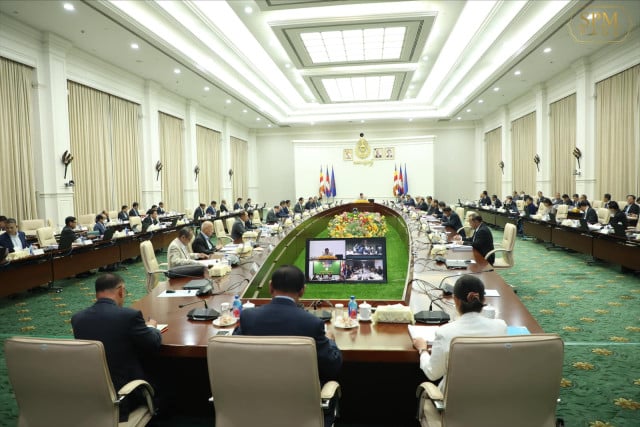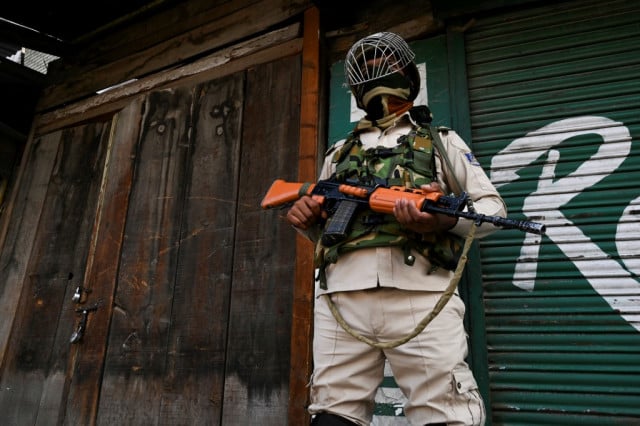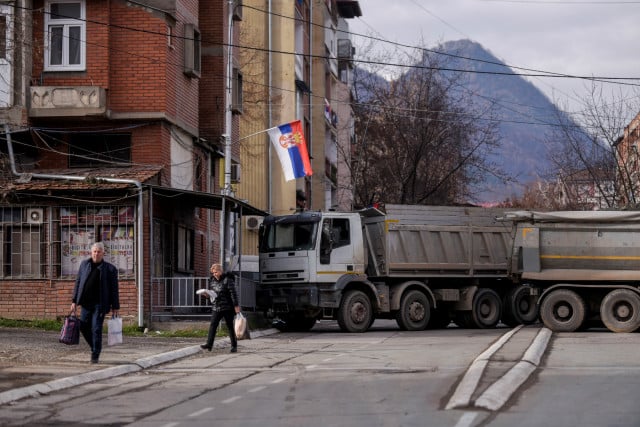Draft Law on the Rule of Origin Approved to Help Promote International Trade

- By Teng Yalirozy
- May 20, 2023 11:45 AM
PHNOM PENH — The draft law on the Rule of Origin has been approved to help promote products meeting criteria of specific origins and characteristics, enable trade to benefit from “rule of origin” designations, and prevent the counterfeiting of those goods.
The draft law, which consists of 15 chapters and 35 articles, was approved during the Plenary Session of the Council of Ministers on May 19, according to government spokesperson Phay Siphan.
This draft law's objectives include establishing the standards and guidelines regarding the rule of origin of those exported and imported goods; promoting the economic benefits and trade preferences related to rule-of-origin products, and stopping such goods from being counterfeited.
In 2022, Minister of Commerce Pan Sorasak said that Cambodia had pledged to draft the law in accordance with the World Trade Organization's (WTO) agreement on the Rules of Origin.
To fully comply with the transitional restrictions of the Agreement on the Rules of Origin under WTO, this law establishes the fundamentals and rules of origin for imported and exported goods, encouraging both domestic and international trade, investment, trade preferences, and environmental protection.
Additionally, the Asian Development Bank (ADB) and the World Bank's policy-based lending programs have a requirement that the Rules of Origin be written, he stressed during the draft law review session in February 2023.
“This law helps Cambodia to fulfill its promises under the framework of the World Trade Organization,” Phay Siphan said.
As he explained, this law specifies the principles for determining a product's origin under both the non-preferential trade system and preferential trade system, for which Cambodia does not yet have a separate law.
It also provides a clear legal basis for the authorities who are in charge of issuing certificates of origin, and for the Ministry of Economy and Finance, which has the General Department of Customs and Excise with the staff in charge of obtaining proof of origin.
Siphan pointed out that the law also promotes trade for the private sector and the export of Cambodian goods that enjoy tariff preferences from importing countries, ensuring that goods exported from Cambodia are originally from Cambodia.
“This law will help Cambodia maintain the economic benefits derived from the preferential trade system and free trade agreements of which Cambodia is a member, as well as help to raise revenues for the national budget,” said Siphan. “It will also contribute to national economic development and improve social welfare.”
The draft law on the Rule of Origin stretches to the manufacturers, exporters and importers, the authorities who issue origin certificates, and individuals or institutions involved in trade activities.
Experts from WTO and the United Nations Conference on Trade and Development have as well been involved in the consultative meeting, giving recommendations and suggestions.















